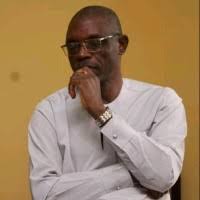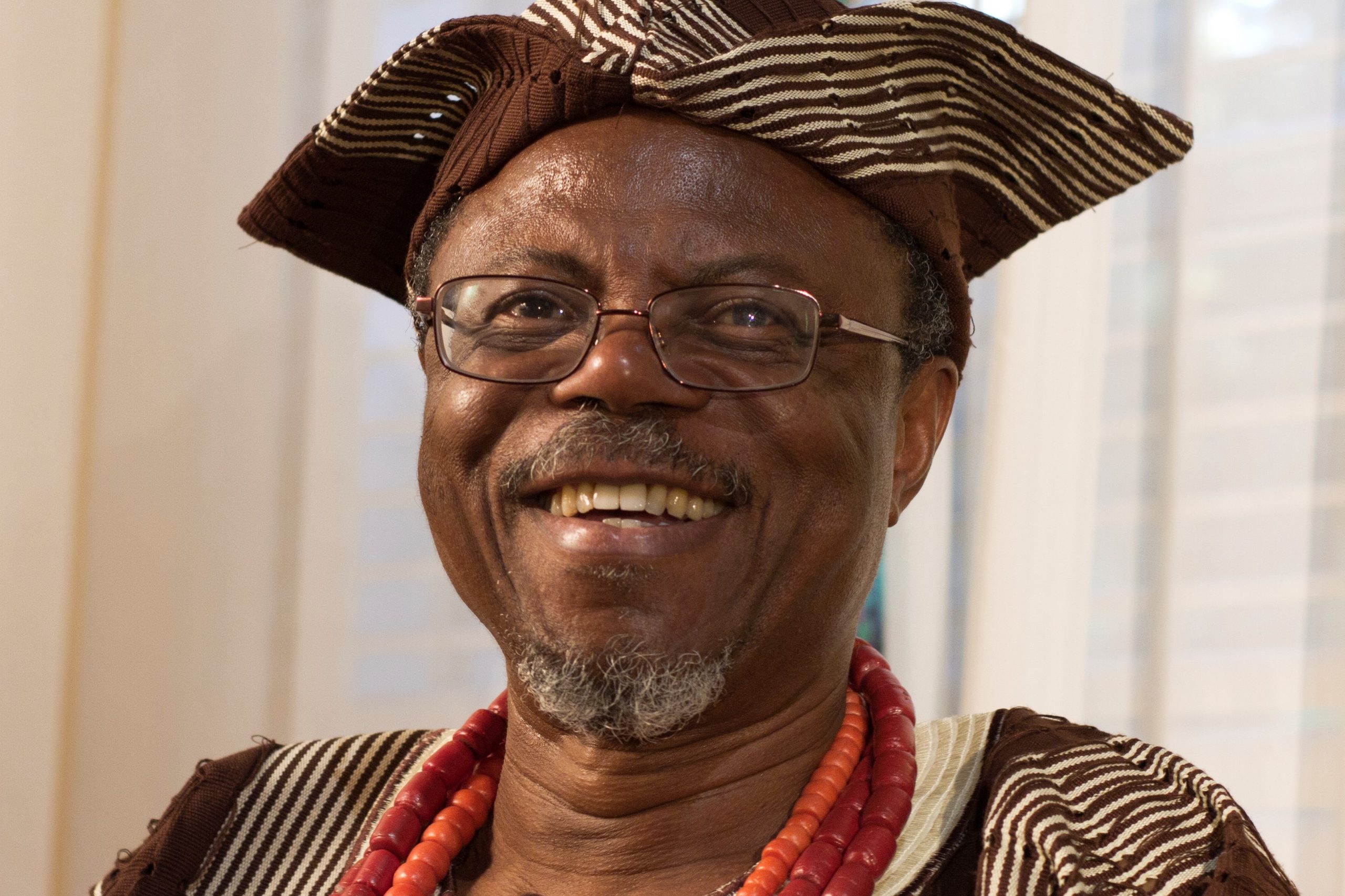By Toyin Falola
The more people advance in the right direction of thought, the better they understand that the key to sound and efficient leadership lies in the constant demand for good governance by fearless individuals committed to the course of growth. This should be emphasised poignantly, especially when development is at the centre of discussion. It takes courage for common people to demand good governance, knowing that politicians often wield an unending power to challenge and silence dissenting views.
Nigeria as a country inherited challenges that could naturally consume it, heightened by the absence of serious political representatives to rescue the nation from the pit of misrule and imminent destruction. It remains eternally true that without a powerful body of individuals challenging the status quo, it is often difficult to go against the powerful. Unfortunately, the Nigerian political system is not wired as such, and the same thing applies to many political environments with complex systems. However, firm believers in good governance and true democracy, like Lasisi Olagunju, always dare to ask the right questions to provoke a rethinking that can generate the energy needed for growth and bring about desirable changes.

Olagunju is quick to identify that politicians are often the same, especially in Nigeria, where the elite’s central interest is extractive and exploitative. He has long maintained that the problem militating against the people is the political stalwarts in each African country, as they are typically unconcerned about how their policies or systems affect their populace. As their access to the commonwealth increases, they become less anxious about how the government’s policies affect the common people and focus more on how they would gain personal wealth for their advantage.
During the tenure of Nigerian President Goodluck Jonathan, there was a general misconception among the masses that Olagunju was deliberately attacking the man because of ethnic differences. Such accusations are meant to influence the direction of Olagunju’s conversations and make him lose focus. However, the truth of the matter is that by calling out the political class, individuals like Olagunju are only helping the masses secure proper representation, which is crucial for progress and development. It is apparent that Nigeria is poorly governed, and the country struggles to lift its people out of poverty and failure. By highlighting these issues, Olagunju aims to provoke thought and action towards better governance and a more equitable society.
As a public figure known for his intellectual engagements, Olagunju has received an incredible number of divisive comments from individuals with mixed reactions to his publications in the newspapers and other media platforms. At a point, he was accused of being ethnically biased against Goodluck Jonathan, whose political misrule gave way to the continuous downgrade of the system. Inasmuch as these continue to happen in places like Nigeria, there will always be a problem addressing the fear of the common people.
The reality is that comments laden with emotions are unavoidable, and being upright in performing one’s civic responsibilities of educating the masses comes with some negative consequences. Nigeria has shifted from being a country of honourable men and women interested in serious governance to one dominated by divisive individuals who pull ethnic sentiment for personal gain. For example, there is a persistent belief that an individual at the topmost level of political stardom must be protected not for the quality of their representation but because they serve as a conduit for getting access to the national cake for their selfish interests. Olagunju understands this situation and has consistently portrayed it as it is. Sometimes, the masses are incited against him to distract him from his goals, but he has always emerged triumphant.
It is difficult to associate clannish thought with Olagunju as he has bravely confronted the brutal reality that development needs to be organic if there would be a shot at development at all. His writings emphasise that a country like Nigeria requires straightforward people, regardless of their ethnic affiliation, to achieve genuine progress. He once wrote about the elite’s aversion to development, particularly when it is oriented on equitable governance.
For instance, Olagunju has repeatedly explained why it is a priority to consider the helpless children on the streets in the North and create a haven for them where they can survive and thrive. Children exposed to such dangerous environments and lifestyles are unlikely to become assets for the country, as they lack access to education and skill development programs available to their peers elsewhere. Olagunju understands that neglecting this crucial demography could lead to them becoming significant problems for the broader society, with the risk of plunging the country into terror, which itself would be dangerous for the country as a collective.
Olagunju has always been very committed to challenging these elites, understanding that change depends on their readiness and commitment. One might wonder how he does that, knowing that when individuals commit to such a goal, they often receive tongue-lashing from even the most introverted ones around them. As long as the situation in the country does not degenerate into chaos where anarchy and pandemonium reign supreme, the elites, especially the political elites, remain unconcerned about helping the masses.
Despite the numerous challenges engulfing Nigeria stemming from the leaders’ evasive attitudes towards good governance and distributive democracy, there has been no reduction in their desire for quibbles and inanities. In most cases, their taste for extravagant and needless material acquisition persists even in the face of collective despair. From the beginning, when the country faces economic and security crises, they have consistently failed to empathise with the people or adjust to alleviate the suffering of the masses. Instead, they maintain the ostentatious lifestyle of the rich, convinced that they cannot betray their class and taste for any reason. This is the fundamental mindset that drives them and why it is a problem for the masses to have access to basic amenities and quality of life. Regardless of what the country is going through, the elites continue to indulge in buying expensive cars, building lavish homes, and adorning them with unique and luxurious furnishings.
Amidst all these challenges, contemporary Nigerian political leaders are always worrying about the next election, even if the sky is falling. Whether the country is embroiled in destructive wars because of hunger and poverty in the land, their focus remains on electoral gains. They have even gained notoriety for their apparent indifference and detachment from the people’s plight. When they initiate projects in a place, they most likely use them to extract more from the masses and not necessarily to address their problems.
Olagunju has committed himself to the course of always challenging anyone who comes in the way of the country’s progress. However, unless you share his ideological philosophy, it may be difficult to understand the extent of his efforts to propel the country forward. His journalism is characterised by discretion, and the prudence of his discourse sustains his integrity. He refrains from personal attacks and does not engage in bringing people down. His ambition is to foster an environment that functions politically, economically, ideologically, socially, and even culturally.
Those who share Olagunju’s orientation often face uncomfortable decisions and choices along their journey because it is one way through which they can continue to be useful to their society. Ironically, this commitment is also the primary reason for the harsh criticisms they receive from time to time. Nevertheless, Olagunji’s steadfast dedication to meaningful change, despite facing relentless criticisms, underscores his unwavering commitment to advancing his ideals for a better society and embodies his profound belief in the transformative power of his voice.
PS: This is Part 5 of a Six-Part Series. I wish to express my gratitude to colleagues in Tanzania and Uganda for their support, which makes the environment that supports muse and reflection possible.


